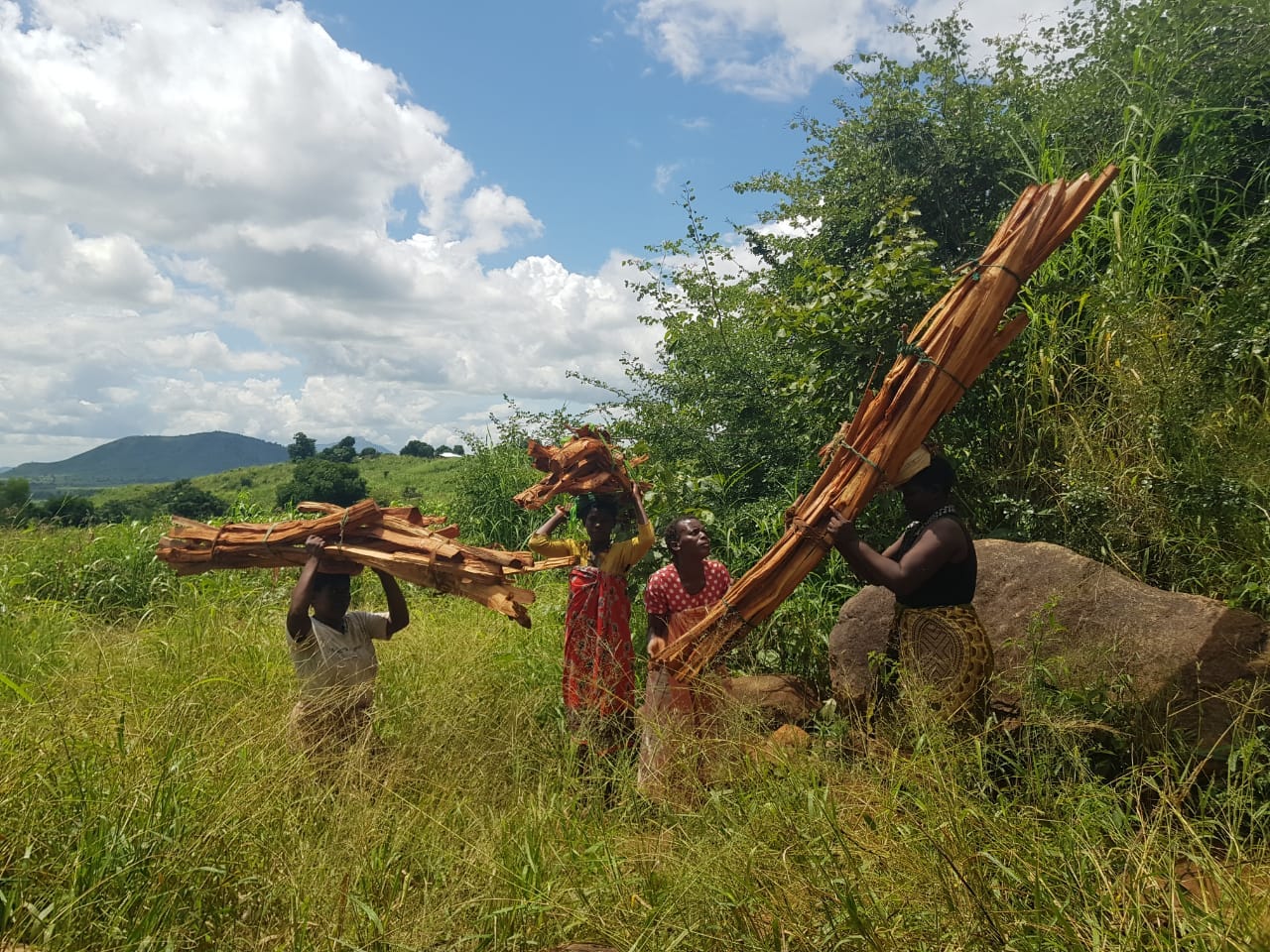More Interventions in Environmental Management Are Desired: an analysis
Cutting down trees for commercial purposes is wrong, especially when others are working tirelessly to restore the trees that have been lost.
MALAWI: Environmental conservation issues, such as replanting trees and educating communities on how to care for natural resources, are frequently covered in the media. However, the question is whether we are doing enough to restore the lost forests in the way that they were intended.
Dr. Lazarus Chakwela, President of Malawi, launched the tree planting season earlier this year on February 25th in Dowa District, in an effort to plant more trees and conserve the environment.
Several non-governmental organizations (NGOs) are also taking the lead in tree planting and environmental education for people as a means of environmental conservation.
Despite all efforts to protect the environment, particularly by restoring forests, it has been observed that communities in the country's biosphere reserves are felling trees to make firewood, citing demand for such wood in the local market and thus a business that sustains their livelihoods year in and year out.
In the Mulanje Mountain biosphere reserve, for example, communities rely heavily on mountain resources for commercial and residential purposes, resulting in a massive loss of trees with little effort to replace the lost forests.
According to the National Forests Policy of 1996 and the Forests Act of 1997, the Forest Department is responsible for protecting the environmental resources on Mulanje Mountain.
Currently, despite the presence of forest guards in the biosphere reserve, tree depletion in Mulanje Mountain Biosphere Reserve is rampant, as evidenced by the population surrounding the area transporting wood and timber.
We have seen many programs for rural communities, such as the social cash transfer project, which aims to improve the social status of vulnerable populations, but people continue to destroy trees in protected areas.
Almost every woman who lives near Mulanje Mountain Biosphere Reserve makes use of the mountain's resources, such as firewood.
The only acceptable firewood to collect is that which has fallen from tree branches and dried naturally; however, people are now cutting trees to generate firewood for commercial purposes.
According to the women, the Forest Department charges a fee of K200 to access resources in the forest reserve.
Due to the nature of illegal mountain resources such as undried wood indicating that a tree was cut, the fee is sometimes not paid to the Forests guards.
On the other hand, such users of mountain resources do not pay forest guards because an authorized proof of payment, known locally as "Phasi" to mean an approval to collect firewood, is not issued to the people, raising concerns about possible fraudulent deals.
Communities surrounding forest reserves are required to benefit from the available resources in a sustainable manner in order to ensure proper use and overall environmental management.
Cutting down trees for commercial purposes is wrong, especially when others are working tirelessly to restore the trees that have been lost.
The Malawi government, the World Bank, and the Mulanje Mountain Conservation Trust signed a tripartite project in 2002 to provide financial support to key stakeholders in order to improve management of the Mount Mulanje Biosphere Reserve, restore ecology, and ensure that neighboring communities engage in environmental management and sustainable use of mountain resources.
Mulanje Mountain Conservation Trust recently conducted a study on creating alternative solutions for vulnerable women who use mountain resources such as trees for commercial firewood after learning about the concerning development that communities surrounding Mulanje Mountain Biosphere Reserve are destroying trees for firewood.
The survey focuses on women who carry firewood-head loads for sale on a daily basis for a maximum fee of K800 per head load.
These people cite a lack of other economic activities as the reason for their heavy reliance on forests, which they cut down on a daily basis.
This is consistent with the words of Rachel Carson, a well-known environmentalist, who stated that when nothing else works economically for poor people, they turn to the environment for a free source of survival.
There is a need for all stakeholders involved in environmental conservation to work together to ensure that there is a sustainable way of curbing the malpractice and bringing in long-term activities to replace cutting down trees.






Magnificent stuff, undeniably more interventions are needed in environmental management.